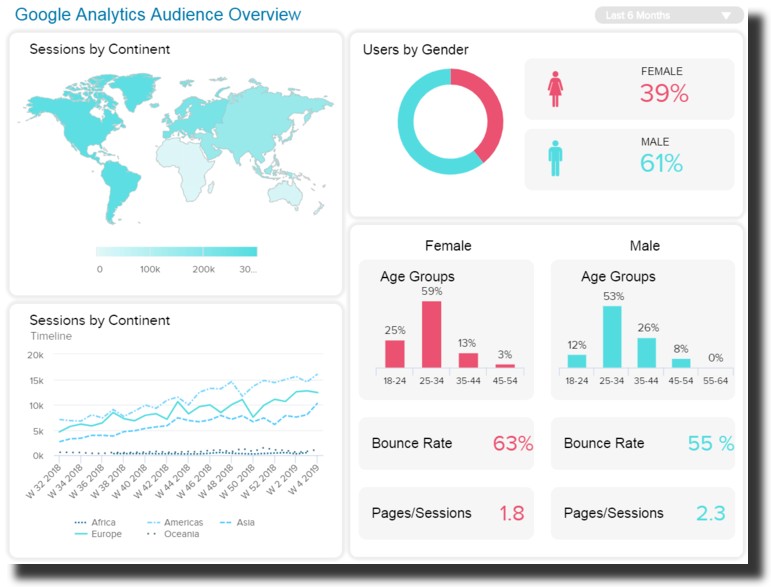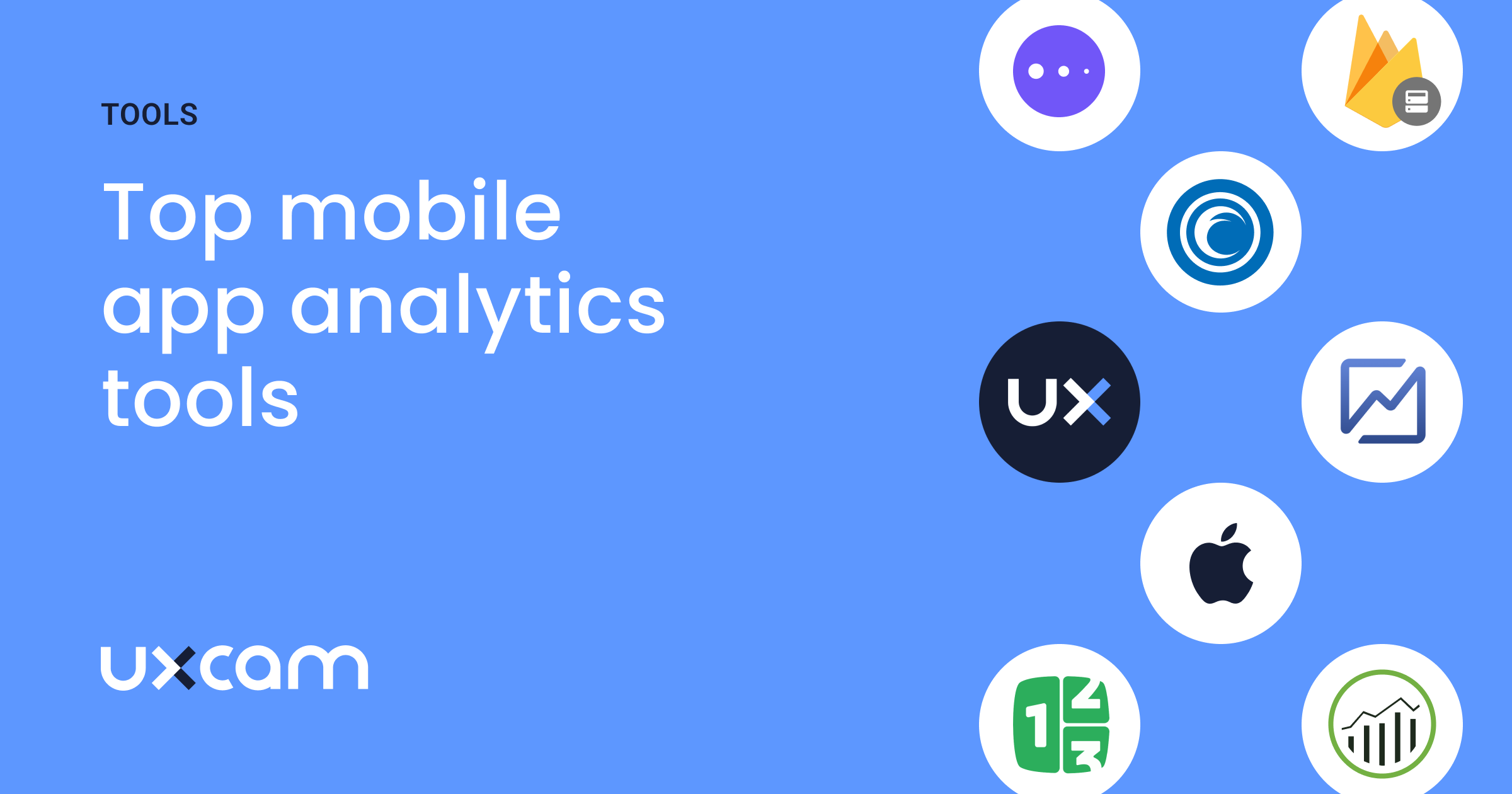Transform Information into Methods with Cutting-Edge Analytics
Transform Information into Methods with Cutting-Edge Analytics
Blog Article
Optimize Development: How Analytics Drive Better Approaches
By utilizing information understandings, businesses can fine-tune their operational strategies, anticipate market changes, and boost customer interaction. The difficulty exists not only in accumulating information but in effectively analyzing it to drive tangible end results.
Comprehending Information Analytics
Data analytics is a methodical computational analysis of information that allows companies to reveal meaningful patterns and insights. This process encompasses a selection of techniques, including statistical evaluation, predictive modeling, and information mining, which jointly intend to change raw data into workable info - Analytics. By utilizing these approaches, organizations can make enlightened choices that are rooted in empirical evidence instead of instinct alone
The foundation of data analytics depends on its capability to deal with vast amounts of details from diverse resources. This consists of organized information, such as databases, and disorganized data, including social media communications and customer responses. Through using specialized software application and tools, experts can draw out and refine this data effectively, identifying trends and connections that might not be right away apparent.
Comprehending information analytics likewise entails recognizing the significance of information high quality and integrity. Accurate and trustworthy information is crucial for meaningful analysis; hence, companies need to implement durable data administration practices. In addition, the repetitive nature of analytics enables for continual improvement and improvement of techniques, guaranteeing that organizations remain agile despite transforming market dynamics and consumer habits.
Key Benefits of Analytics

One of the key benefits of analytics is its ability to supply actionable understandings. Organizations can promptly evaluate large quantities of data, uncovering patterns that might not be immediately noticeable.
One more significant advantage is boosted customer understanding. Analytics tools make it possible for organizations to section their audience, track customer behavior, and personalize advertising initiatives. This targeted strategy not just enhances customer interaction but also drives higher conversion prices.

Implementing Analytics Methods
To completely understand the advantages of analytics, companies must adopt structured methods for application. This begins with plainly defining purposes that line up with broader service goals. By developing specific, measurable outcomes, organizations can concentrate their analytics initiatives on areas that yield the highest return on investment.
Next, organizations should prioritize data governance to guarantee the integrity and safety of the data being examined. This entails establishing up methods for data collection, storage space, and accessibility while sticking to pertinent laws. Making sure high-grade data is essential for creating significant insights.
In addition, promoting a society of data-driven decision-making is vital. This needs training employees to translate analytics searchings for and motivating partnership across departments. They are much more most likely to incorporate insights into their everyday procedures. when groups recognize the value of analytics.
Finally, organizations must frequently review and refine their analytics methods. The landscape of data and modern technology is continually evolving, and remaining adaptable will certainly enable organizations to utilize new devices and techniques properly. By applying these organized techniques, organizations can make the most of the effect of their analytics efforts and drive lasting growth.
Devices for Reliable Evaluation
Efficient evaluation counts on a range of tools that facilitate the extraction of insights from data reference - Analytics. These tools can range from simple spread sheet applications to innovative machine finding out platforms, each serving an unique objective in the logical procedure
Data visualization software program, such as Tableau and Power BI, plays an essential role in changing complicated datasets into easy to understand graphical depictions. These tools make it possible for analysts to identify patterns and trends swiftly, allowing for more educated decision-making.
Statistical analysis software program, like R and SAS, provides sophisticated abilities for conducting comprehensive evaluations, consisting of regression, theory testing, and anticipating modeling - Analytics. These attributes equip organizations to draw significant conclusions from their information, recognizing prospective possibilities and threats
Moreover, database administration systems such as SQL and NoSQL data sources supply the essential facilities for storing and inquiring huge volumes of information successfully. They make sure that information is organized and easily accessible for evaluation.
Lastly, company intelligence systems incorporate numerous information sources, providing a detailed view of organizational efficiency. By utilizing these tools successfully, companies can boost their logical capacities, enabling them to create approaches that take full advantage of growth and enhance total performance.
Instance Studies of Success
Effective companies frequently take advantage of data analytics to drive impactful approaches, as evidenced by several significant situation researches. By employing these insights, Netflix has effectively tailored its material referrals, resulting in boosted individual engagement and customer retention.

In addition, Starbucks uses data analytics to establish optimum store locations and fine-tune its item offerings. By examining consumer demographics and acquiring patterns, Starbucks successfully determines high-potential markets and customizes its food selection to neighborhood preferences, driving sales and consumer commitment.
These situation research studies show that efficient utilization of data analytics can lead to strategic benefits, fostering advancement and development within companies throughout various industries.
Final Thought
In final thought, the integration of analytics right into business methods considerably improves decision-making procedures and cultivates sustainable development. By leveraging data-driven understandings, more services can determine trends, prepare for market changes, and maximize procedures. The efficient execution of analytics tools further go to my site sustains agility and development, allowing companies to browse affordable landscapes with higher accuracy. Ultimately, a commitment to analytics not only drives immediate efficiency renovations however also protects lasting success in an ever-evolving market.
Information analytics is an organized computational analysis of data that makes it possible for organizations to discover purposeful patterns and understandings.Comprehending data analytics also involves identifying the importance of information top quality and honesty. Trustworthy and exact information is critical for meaningful analysis; thus, organizations need to execute durable data governance practices.Following, companies must prioritize information governance to make certain the stability and security of the information being evaluated.Successful companies frequently utilize data analytics to drive impactful methods, as shown by numerous noteworthy instance studies.
Report this page